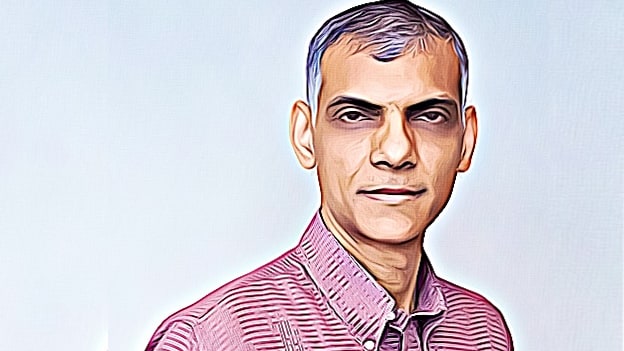HR must move to a front and center role in the future, says IBM’s Arun Biswas

Automation and AI are changing every aspect of HR, from the development of job descriptions to the training of employees to even employee engagement and retention. But as all these useful tools automate the functions that HR traditionally fulfils, the entire scope and role of HR will have to change in response, according to the technology leaders at IBM.
People Matters spoke to Arun Biswas, the managing partner of IBM’s global business services in Singapore, about how this de-humanizing technology will impact the most human of business functions, and what leaders and HR professionals should be doing in response.
Less looking at documents, more talking to people
“HR needs to shift its role to become more front and center,” Biswas said. “Today, if I look at HR professionals, a lot of what they are doing is transactional and administrative. I see that shifting dramatically.”
At present, he explained, most of the HR function’s time is taken up by routine administrative tasks, leaving little capacity for face-to-face work. But automation and AI will take those low-value tasks off the hands of HR professionals, freeing them up to pay more attention to employee needs and expectations. This means a great deal more employee-facing time: in his view, the bulk of HR’s work in the future will involve interactions with employees.
And it is not just employees: the transformation of job roles will require HR professionals to spend much more time on the business situation. They will be much more involved in strategy and planning, he predicts: “More time will need to be spent on strategic thinking, drawing insights from data, providing advice and guidance to business leaders, addressing complex talent related challenges and driving culture change.”
An increasingly complicated job
Talent, said Biswas, is going to be a critical factor in the success of any enterprise. Because of that, the complexity and importance of the HR function will grow, and the business involvement of HR professionals will revolve around keeping employees engaged in their work and ensuring that they have the skills the organization needs.
He further pointed out that leaders like himself are going to have higher and more varied expectations of the HR function, starting with their ability to manage people.
“HR professionals of the future need to evolve from being a process administrator to a strategic partner to the business leaders,” he said. “With talent becoming the new battlefield, they will need to become the custodians of employee experience and help the business leaders drive employee engagement.”
What is more, HR professionals must be comfortable with technology. They will need to extensively leverage data, analytics and AI across all aspects of HR including hiring, compensation, retention and training: and for this, Biswas said, they need to become comfortable with technology. “I do not expect them to be experts, but they will need to learn how to leverage technology to help them in their day to day jobs,” he pointed out.
The importance of a flexible mindset
In a VUCA (volatile, uncertain, complex and ambiguous) world, technological skills may be a must-have in one’s daily work. But uniquely human abilities such as judgement, decision-making, contextualization, flexibility, and so on will remain critical to keep pace with not just technology but the entire environment.
“The rate and pace of change will increase dramatically and leaders will need to cope with this,” observed Biswas. “While acquiring new skill sets (like analytics and AI) are important, what will be more important is the ability to change one's mindset to adapt to this brave new world.”















